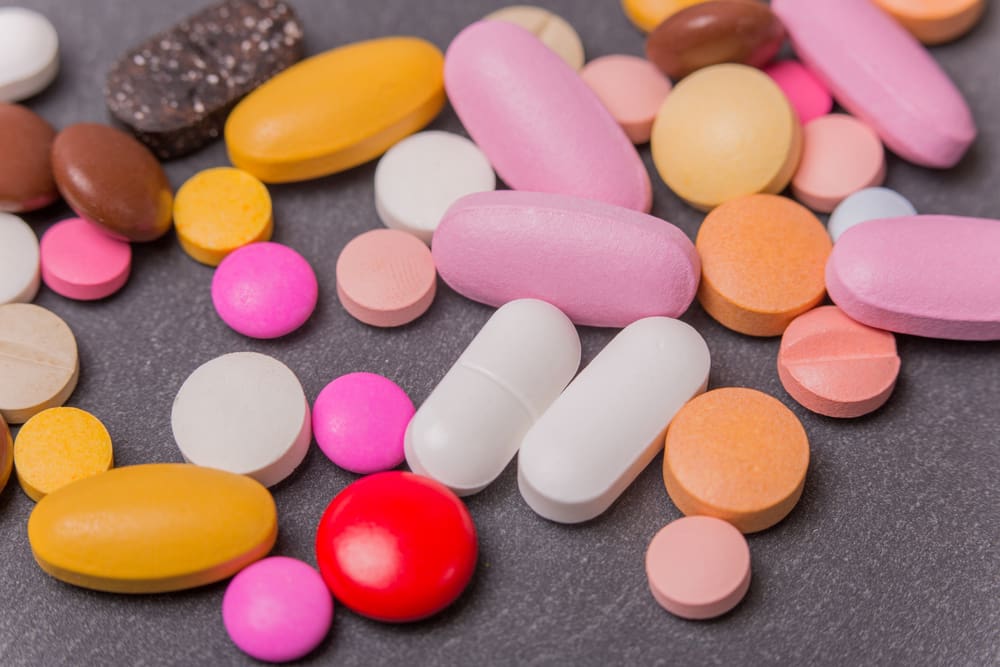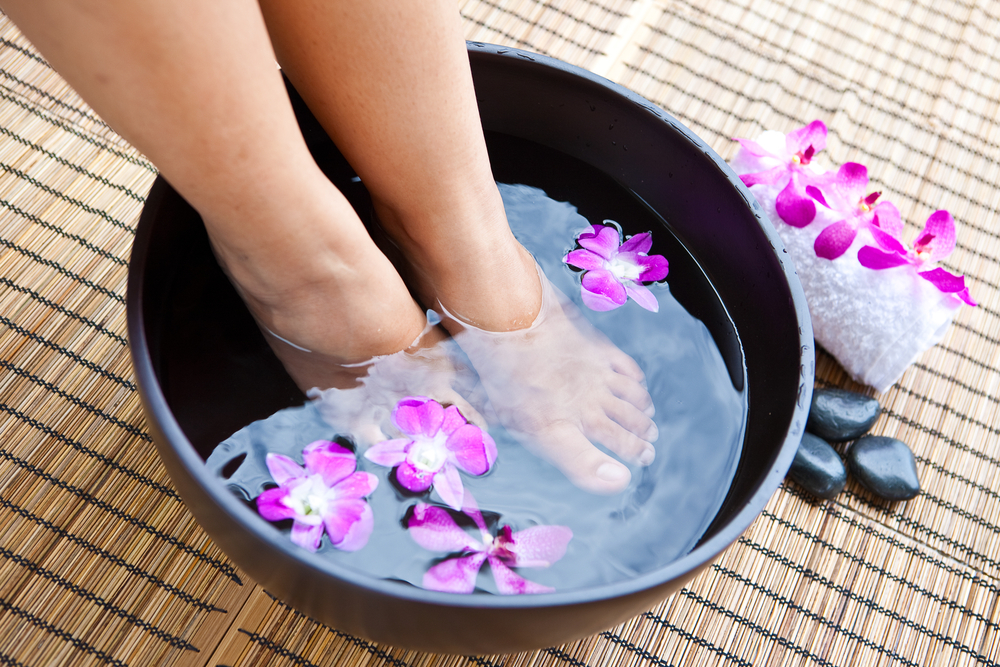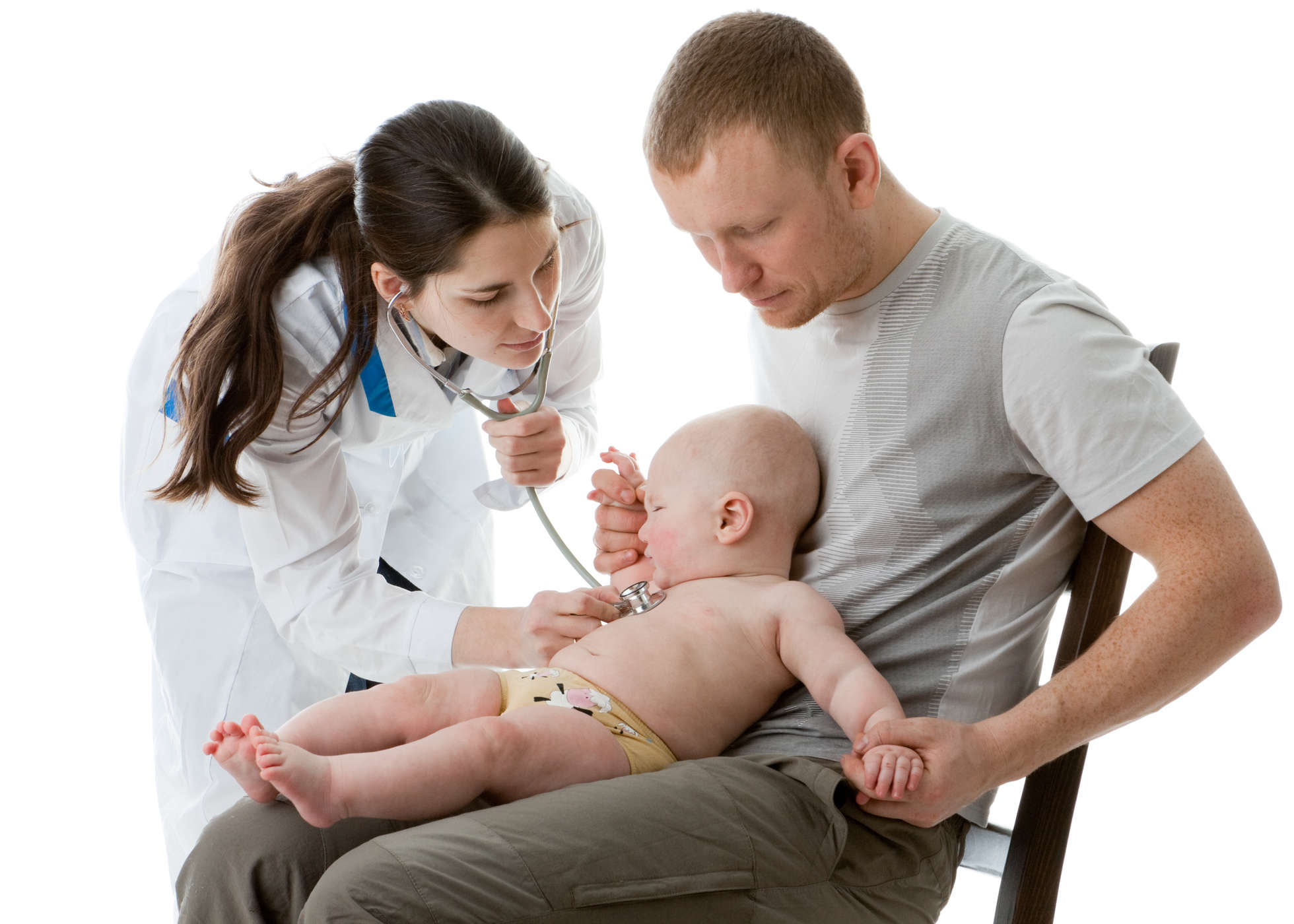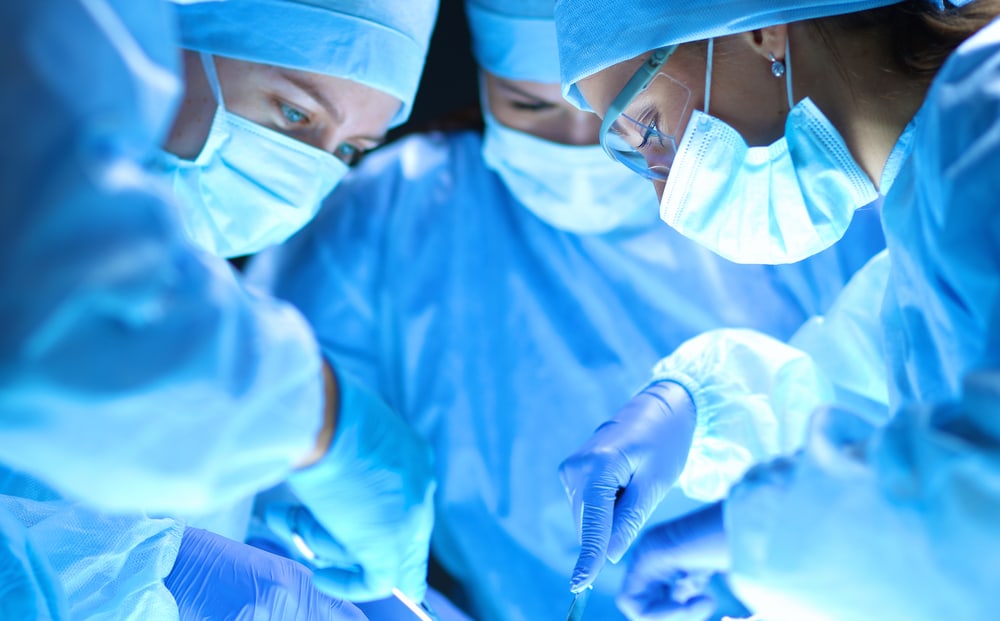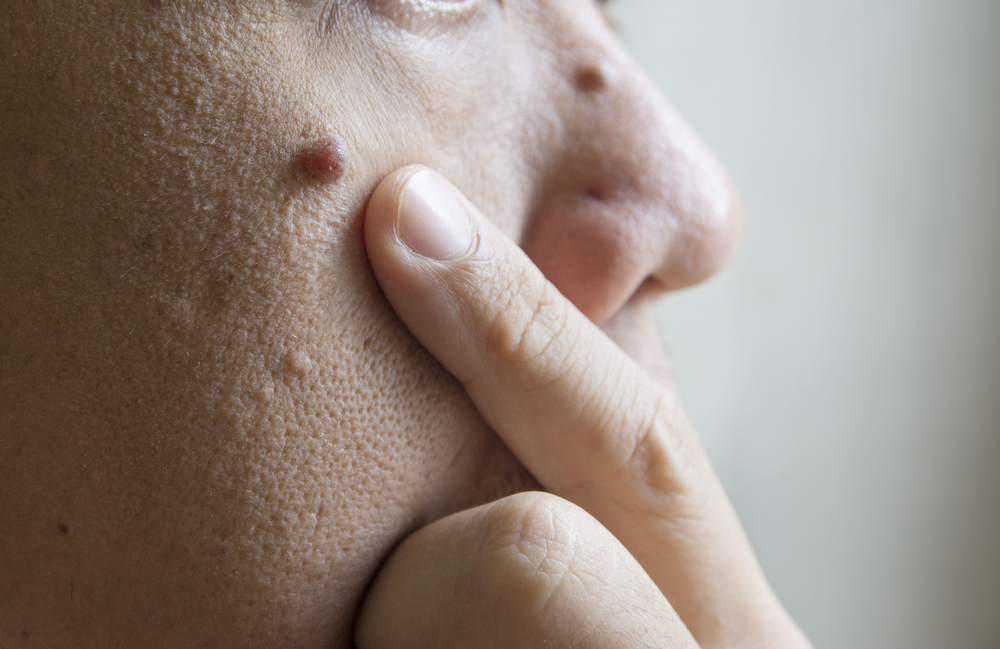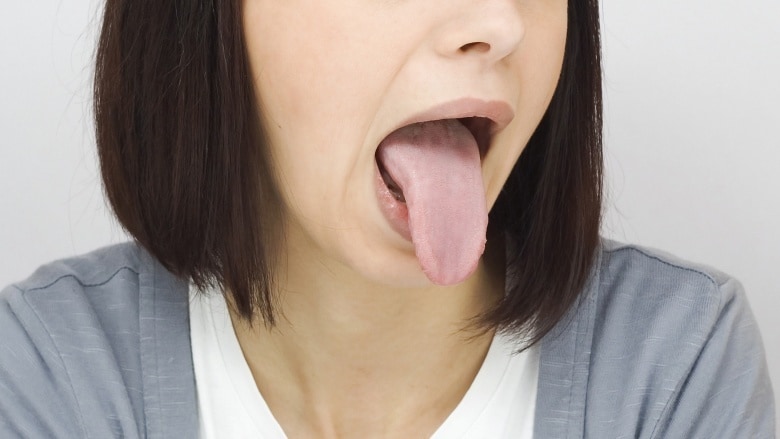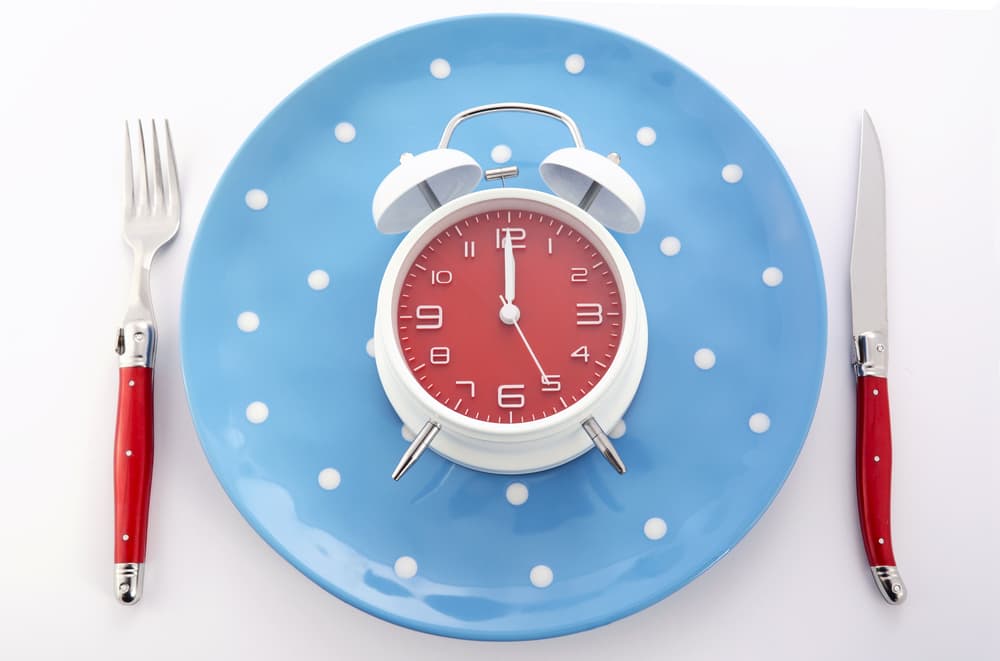Contents:
- Medical Video: Symptoms of Kidney Disease
- What is the danger if kidney pain is left?
- Characteristics and symptoms of kidney pain to watch out for
- 1. The urine color changes
- 2. The body becomes easily tired
- 3. Some parts of the body will swell
- 4. Itching
- 5. Always nauseous and want to vomit
- 6. Shortness of breath
- 7. Lumbago
- 8. Lack of concentration and dizziness
- It is important for you to understand
- Who is at risk for kidney disease?
- How to diagnose kidney disease?
- Various ways to prevent kidney disease
Medical Video: Symptoms of Kidney Disease
Many people ignore the symptoms of kidney disease because they don't take it seriously. In fact, the kidneys are one of the important organs that function to filter out impurities and poisons in the blood. Well, the dirt and poisons will be removed along with urine. Then what are the symptoms of kidney disease that you should not miss?
What is the danger if kidney pain is left?
The kidneys work to filter excess water and waste from the blood to then be released as urine. The kidneys also help control blood pressure. Kidney disease occurs when the kidneys are damaged so they cannot filter the blood properly. This damage can cause toxic waste to accumulate in the body.
Initially kidney function will slowly decrease, until gradually it will have a major impact on your daily activities. In the long run, kidney disease can cause other problems that endanger your health. The inability of the kidneys to get rid of toxins can cause the heart rhythm to become abnormal and even cause sudden death.
We are generally born with two kidneys, but if there is only one that is damaged, the body functions as a whole will be disturbed. Even so, you can still live a normal life with one kidney or receive a kidney (donor) transplant. If both are damaged, you may be required to dialysis routine.
Characteristics and symptoms of kidney pain to watch out for
It's better to prevent than cure, but unfortunately the initial symptoms of kidney disease are often not realized.
Well, before it's too late it's a good idea to identify some of the most common features and symptoms of kidney disease:
1. The urine color changes
Symptoms of kidney disease that usually appears and is felt the earliest is the change in urine color becomes more cloudy than usual.
In addition, your urination habits can also change; either become more frequent or less often pee. You usually urinate more often at night.
You may also feel pain when urinating. If you have acute kidney failure, there is the possibility of urine coming out along with blood spots. In some cases, foamy urine can also be a symptom of kidney disease,
2. The body becomes easily tired
Healthy kidneys will continue to produce the hormone erythropoietin regularly to increase the production of new red blood cells.
When the kidneys are damaged, the production of the hormone erythropoetin decreases. As a result, the production of red blood cells carrying oxygen also decreases. This makes the body become easily tired.
3. Some parts of the body will swell
Damaged kidneys can no longer filter out sewage as well as before so there is a lot of protein wasted in the urine.
Lack of protein in the blood can cause the limbs and legs to swell. People who have kidney problems may also experience swelling of the face and eyes.
4. Itching
The disruption of the work of the kidneys makes the remaining waste metabolism accumulate. This matterwill adversely affect the skin.
Kidney disease can cause itching, redness, and dry skin. If the itching continues to be scratched, a mild injury or bleeding can occur. Unfortunately, itching due to kidney disease symptoms is often ignored.
Although skin creams and ointments can indeed help reduce the symptoms of kidney disease that arises on the skin, but this does not cure your kidney problems.
5. Always nauseous and want to vomit
Kidney pain that has been acute or if you have reached the stage of kidney failure is often referred to assilent killer. So called because the symptoms are difficult to detect, such as nausea and vomiting.Bthere are a lot of minor ailments whose symptoms are indicated by nausea and vomiting, for example heartburn.
But in the case of kidney disease, symptoms of nausea and vomiting arise because the pile of waste and dirt in the blood does not bsuccessfully issued. This can cause disruption of the vomiting reflex center in the brain and digestive system, so there is nausea and vomiting.
6. Shortness of breath
The malfunction of the kidneys makes fluid enter the lungs through the blood. This causes the body not to get enough oxygen in the body, especially the lungs.
Lack of oxygen in the blood makes it difficult for your body to function optimally, causing breath to pant and hunt.
7. Lumbago
For those who like pain at the waist, either right or left, it's good to be alert. Symptoms of this pain can be caused by kidney stones.
Sometimes, the symptoms of kidney stones are not too obvious but are likely to cause pain in the waist due to pinching kidney stones in the ureter.
8. Lack of concentration and dizziness
When your kidneys cannot work properly, oxygen will be difficult to supply throughout the body, especially to the brain.
Lack of supply of oxygen to the brain triggers dizziness, lack of concentration, weak memory, and a head that feels like it.
It is important for you to understand
If you feel you have symptoms of kidney pain as mentioned above, you must be vigilant and immediately consult a doctor about some of the complaints that are felt.
Signs and symptoms of kidney disease are often not specific. Because the symptoms of kidney disease are often misunderstood as other diseases. In addition, in many cases the signs and symptoms of kidney disease may not appear until the damage has been severe.
Therefore, make an appointment with a doctor if you have signs or symptoms of kidney disease.
Who is at risk for kidney disease?
People who are most at risk for kidney disease are:
- Family history of kidney disease
- Age over 65 years
- Obesity or obesity
- High cholesterol
- Smoke
Meanwhile, most of acute kidney failure is always related to other medical conditions. Conditions that can increase the risk of acute kidney failure are:
- Diabetes
- High blood pressure
- Heart disease
- Heart failure
- Liver disease
- Blockage of blood vessels in the arm or leg (peripheral arterial disease)
- Hospitalized, especially for serious conditions that require intensive care.
If you have risk factors, you are more likely to suffer from a health problem than someone who does not have a risk factor. However, that does not mean that you will definitely have the disease.
How to diagnose kidney disease?
Kidney disease in the early stages usually does not have signs or symptoms easily observed and felt. In many cases, new kidney disease is detected when it reaches the stage of severe damage.
The only way you can do to know how your actual kidney condition is is to go to the hospital. Especially if you have a risk of having certain diseases, such as diabetes, high blood pressure, and heart disease.
Some tests that doctors can do to diagnose kidney disease are:
- Urine test. This check is done to check albumin in your urine. Albumin is a protein that can flow into the urine if there is a damaged kidney.
- Blood test. This check is done to check your GFR, which tells you how well your kidneys are screening. GFR stands for glomerular filtration rate.
In addition, your doctor may also advise you to take a kidney test if you know you have a family history of kidney disease.
For a more specific diagnosis, your doctor may need an ultrasound (USG) to see the structure and size of your kidney. Imaging tests such as renal CT scan can also be used in some cases.
Your doctor may also recommend a kidney biopsy to take samples of kidney tissue. Kidney biopsy is often performed under local anesthesia using a thin and long needle inserted through the skin and into your kidney. Biopsy samples are sent to the laboratory for testing and help determine what causes your kidneys to have problems.
You might also be asked to diligently check your blood pressure. Because the high blood pressure can be a sign and symptom of kidney disease. Therefore, it is important for you to always keep your blood pressure below the target set by your health care provider. For most people, the normal blood pressure target is in the range of less than 140/90 mm Hg.
The faster kidney disease is detected, the faster you can get treatment to help slow or prevent kidney failure. If you have diabetes, be diligent to do medical check-ups every year. If you have other risk factors, such as high blood pressure, heart disease, or a family history of kidney failure, talk to your doctor about how often you should checkup.
Various ways to prevent kidney disease
Kidney disease can happen to anyone at any age. Children and adults to the elderly are equally at risk of experiencing this disease.
Even kidney disease can occur in people who have healthy kidneys or someone who has had kidney problems before.
Some risk factors, such as age or family history, are indeed beyond your control. However, you can still control other risk factors for kidney disease that might help slow or even prevent this disease.
Here are some healthy lifestyle changes that you and your family can take to prevent kidney disease:
- Maintaining blood pressure to stay within the normal range can help your kidneys work more optimally. For most people, the target blood pressure is less than 140/90 mm Hg. Also, arrange for sodium levels of less than 2,300 milligrams (mg) daily.
- If you have diabetes, control your blood glucose level. Well-controlled blood sugar can help prevent or delay diabetes complications, including kidney disease.
- Pay attention to your food intake. Expand to consume fruits and vegetables. Avoid eating foods that contain lots of fat and purines, such as innards. Foods that are high in purines can increase uric acid levels which can ultimately interfere with kidney function. If you want to consume milk, cheese or similar products, choose low-fat ones.
- Exercise regularly. Exercise can keep your body weight stable and lower blood pressure, thereby reducing the risk of kidney disease and even other chronic diseases.
- Always be careful when you want to take drugs, including supplements, herbs, and vitamins. Some supplements contain high amino acids which can interfere with the kidneys. If you want to take supplements, consume them according to the rules used on the packaging. Also make sure the medicines you drink are safe. Especially if you take herbal medicine especially in the form of concoctions, make sure the drug is registered with BPOM.
- Meet your body's fluid needs by drinking a lot. Water requirements vary for each person. The general benchmark is drink every time you feel thirsty so that your water needs are met. Consumption of too much water, without the added balance of salt intake from food and beverages, will reduce the salt concentration in the blood.
- In addition to water, you can also meet the fluid needs of foods such as soups and vegetables and fresh fruits that contain lots of water. If you include active exercise, just need more fluid needs. But if you already have kidney disease, obey the daily fluid consumption limit that your doctor has set.
- Avoid smoking because it can cause damage to blood vessels and increase your blood pressure. Increased blood pressure can cause disruption of kidney function.
- Avoid stress. You can avoid stress by doing things that can make you happy, such as exercising, listening to music, watching movies, or even chatting with friends.


